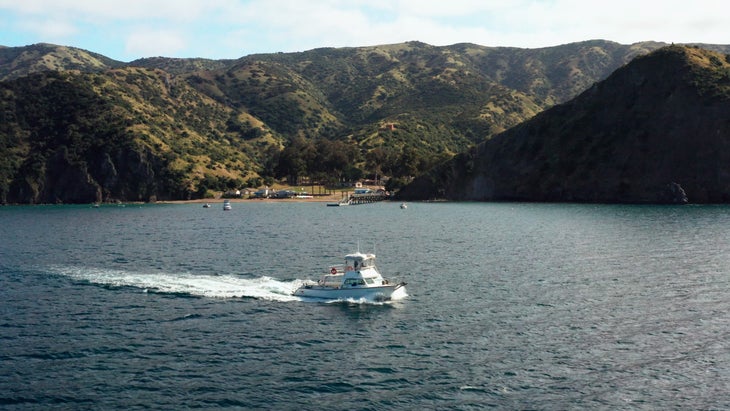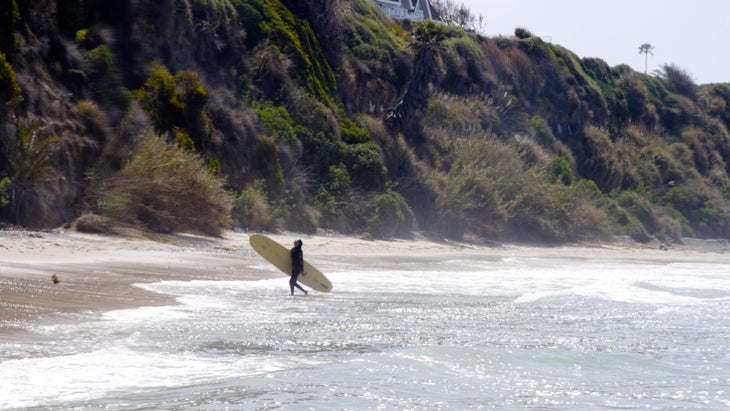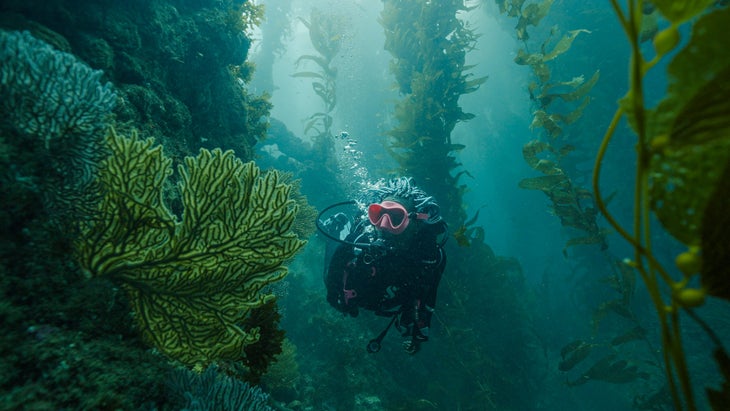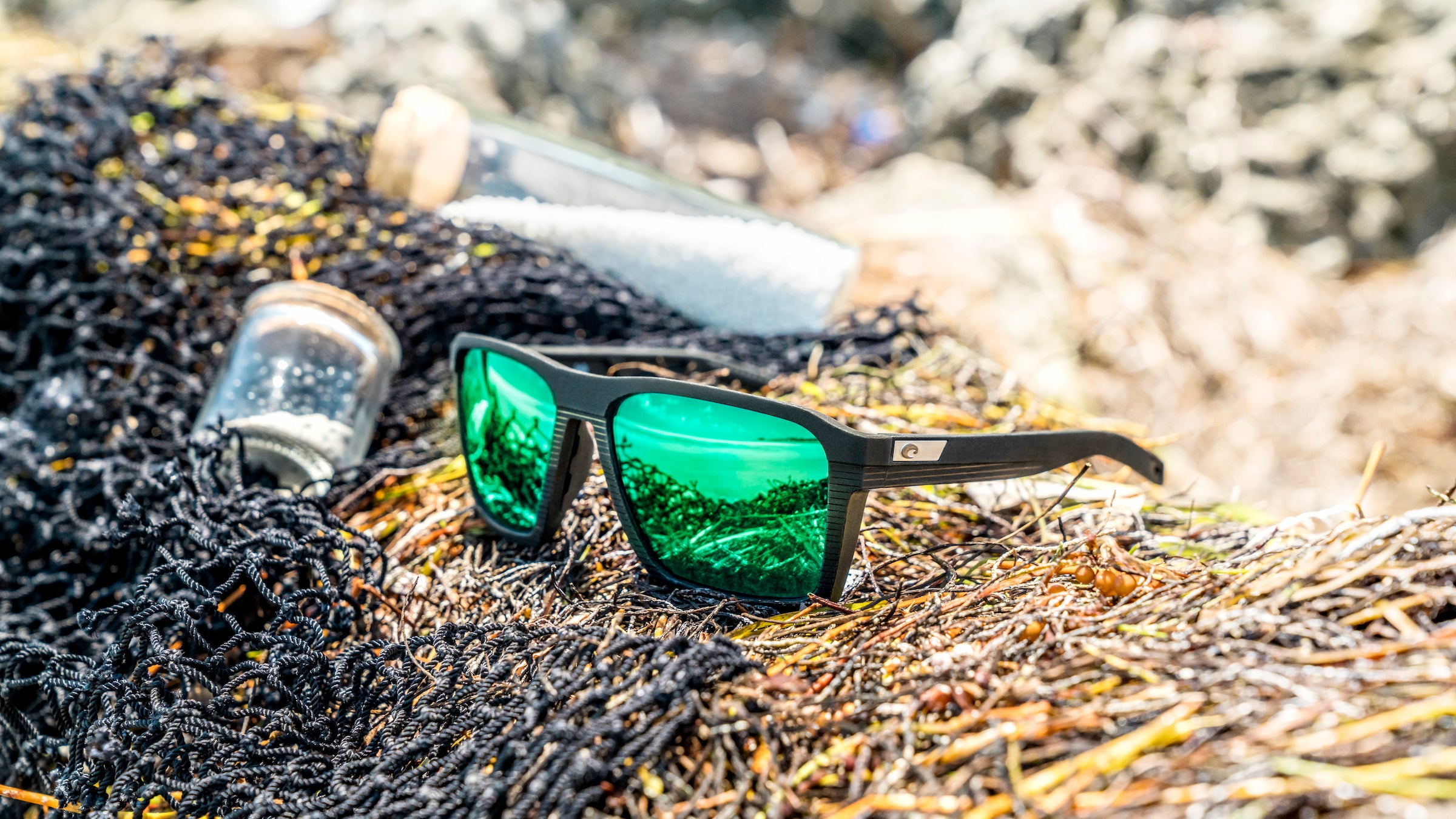Every year, an estimated 8.8 million tons of discarded plastics enter the ocean. It is believed that 10 percent of that plastic is from lost and discarded fishing gear. Discarded fishing nets are the most harmful form of plastic pollution in the ocean, continuing to drift along, ensnaring marine animals and damaging habitats. The founders of ® looked at this tragic problem and saw an innovative solution: convert harmful waste into something beneficial. The result is ®, a material made from recycled fishing nets that can be used as an alternative to virgin plastic to manufacture fabrics and hard goods, including Costa Del Mar’s .
How NetPlus® Is Made
Removing plastic pollution from the ocean would be enough, but it gets better. Bureo® is also invested in bringing positive change to its partner communities, which are located primarily in Chile and Argentina. Fishermen in these regions are incentivized to bring in their old, damaged nets rather than disposing of them in the ocean. They receive fair compensation for their nets, providing a steady source of income and encouraging participation in the program. Once collected, the nets are thoroughly cleaned and shredded. The resulting raw material is then transformed into high-quality pellets that serve as a sustainable alternative to virgin plastic.
🗺️ 9: The number of countries where Bureo® operates collections programs, including Chile, Peru, Panama, Argentina, Ecuador, Mexico, the United States, Seychelles, and Japan.
🌊 10 million-plus pounds: The total weight of discarded fishing nets collected and repurposed into NetPlus® material since 2013.

NetPlus® vs. Virgin Plastic
Keeping discarded fishing nets out of the ocean is only one benefit of NetPlus®. This recycled nylon offers a sustainable alternative to virgin nylon. For comparison, virgin nylons are derived from nonrenewable fossil fuels using an energy-intensive production method that results in significant carbon emissions. In contrast, NetPlus® repurposes existing waste, reducing the need for new plastic production and decreasing overall environmental impact. By recycling fishing nets, Bureo® helps mitigate plastic pollution at its source and simultaneously reduces the demand for virgin plastic materials.
Here’s a look at the stats comparing the production of NetPlus® Nylon 6 with Virgin Nylon 6:
- 20 percent: Carbon emissions reduction.
- 70 percent: Water reduction.
- 67 percent: Fossil fuels reduction.
- 68 percent: Energy reduction.

Costa’s Untangled™ Collection
As an advocate for ocean conservation for more than 41 years, Costa Del Mar is always on the lookout for like-minded partners like Bureo®, who share the brand’s vision for cleaner oceans and more sustainable business operations. So it was only natural for Costa to develop the , a line of eyewear, apparel, and accessories manufactured with ���ܰ����’s® NetPlus® material. Each high-performance frame is made from 97 to 100 percent recycled fishing nets, and the collection includes numerous designs to match whatever vibe you’re going for. Costa’s Untangled™ Collection was recently awarded the prestigious RELX Sustainable Development Goals Customer Award for the line’s contributions to the United Nations Sustainable Development Goals.
🌊 25-plus: The number of brands, including Costa Del Mar, that utilize NetPlus® material in their product lines.
🌊 1 ton: The weight of discarded fishing nets repurposed into Costa’s Untangled Collection products annually.

Born on the water in 1983, is on a mission to create the best sunglasses on the planet and protect the watery world. An industry-leading manufacturer of color-enhancing, all-polarized-glass sunglasses, Costa combines superior lens tech with unparalleled fit and durability, helping outdoor enthusiasts See What’s Out ThereⓇ.

